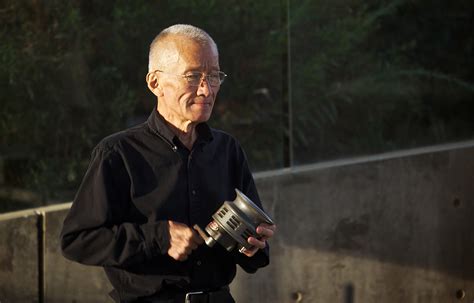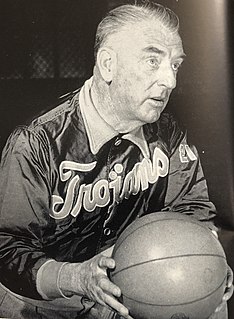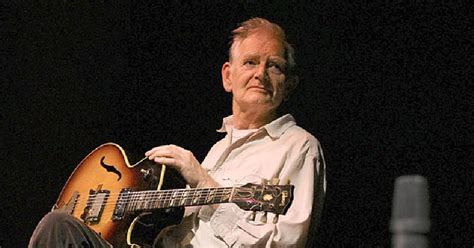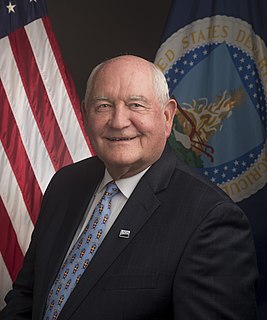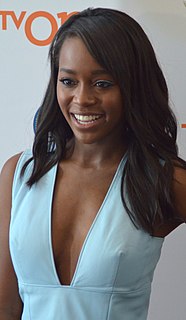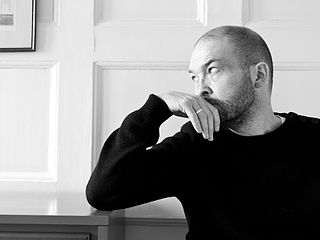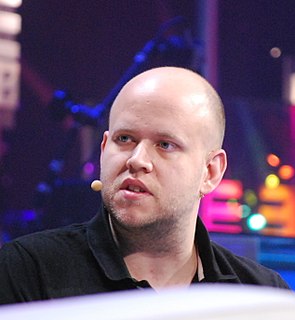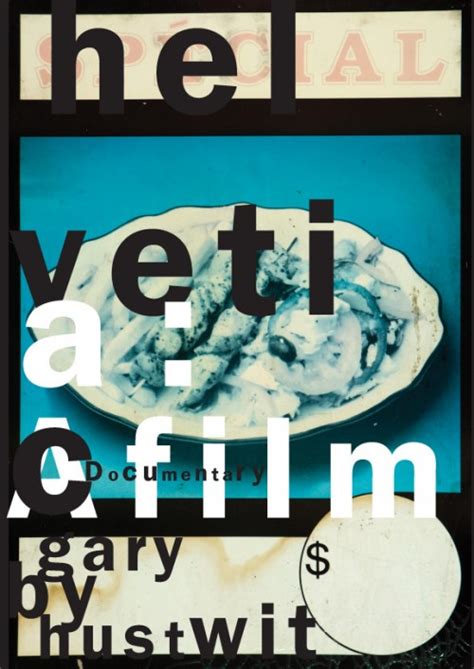A Quote by Miguel
I think there's a huge parallel that affects my musical taste, and connections that have to do with my ethnic diversity and my musical tastes and the diversity of that. And it's interesting that, growing up on the circuit, it posed such a challenge, not only to me deciding what my identity was amongst my peers, but then on the music side, it was like trying to explain or convince people especially in the music industry that there was a place for what I was trying to do. But at the same time, I think it has a lot to do with timing and even me, like, understanding it.
Quote Topics
Affects
Amongst
Challenge
Circuit
Connections
Convince
Deciding
Diversity
Ethnic
Ethnic Diversity
Even
Explain
Growing
Growing Up
Huge
Identity
Industry
Interesting
Like
Lot
Me
Music
Music Industry
Musical
Musical Taste
Only
Parallel
Peers
People
Place
Same
Same Time
Side
Taste
Tastes
Then
Think
Time
Timing
Trying
Understanding
Up
Related Quotes
I think that's one thing that hinders hip-hop and I think when everybody tries to be the same... That's why people look at the 1990s almost like it was a golden era in hip-hop 'cause it was so much diversity in the music and in the artists. It wasn't everybody just trying to paint the same picture and say it with the same flow.
I think overall, from a deputy, from an undersecretary standpoint, the goal of a good leader is to get diversity across there. Geographical diversity is important. Industry diversity is important: you can't have all corn growers... Not only that, you've got gender diversity, you've got racial diversity.
I personally feel that there's a lot of music journalism that is dominated by genre, because you need a language in which to write, but actually the things that strike people about music, are very hard to write about, and its sonic connections, it's a sense of harmony that I think we all have even if we don't know how to express it - it's something musical, it's synapse connections in our brain.
For me, diversity is not a value. Diversity is what you find in Northern Ireland. Diversity is Beirut. Diversity is brother killing brother. Where diversity is shared - where I share with you my difference - that can be valuable. But the simple fact that we are unlike each other is a terrifying notion. I have often found myself in foreign settings where I became suddenly aware that I was not like the people around me. That, to me, is not a pleasant discovery.


